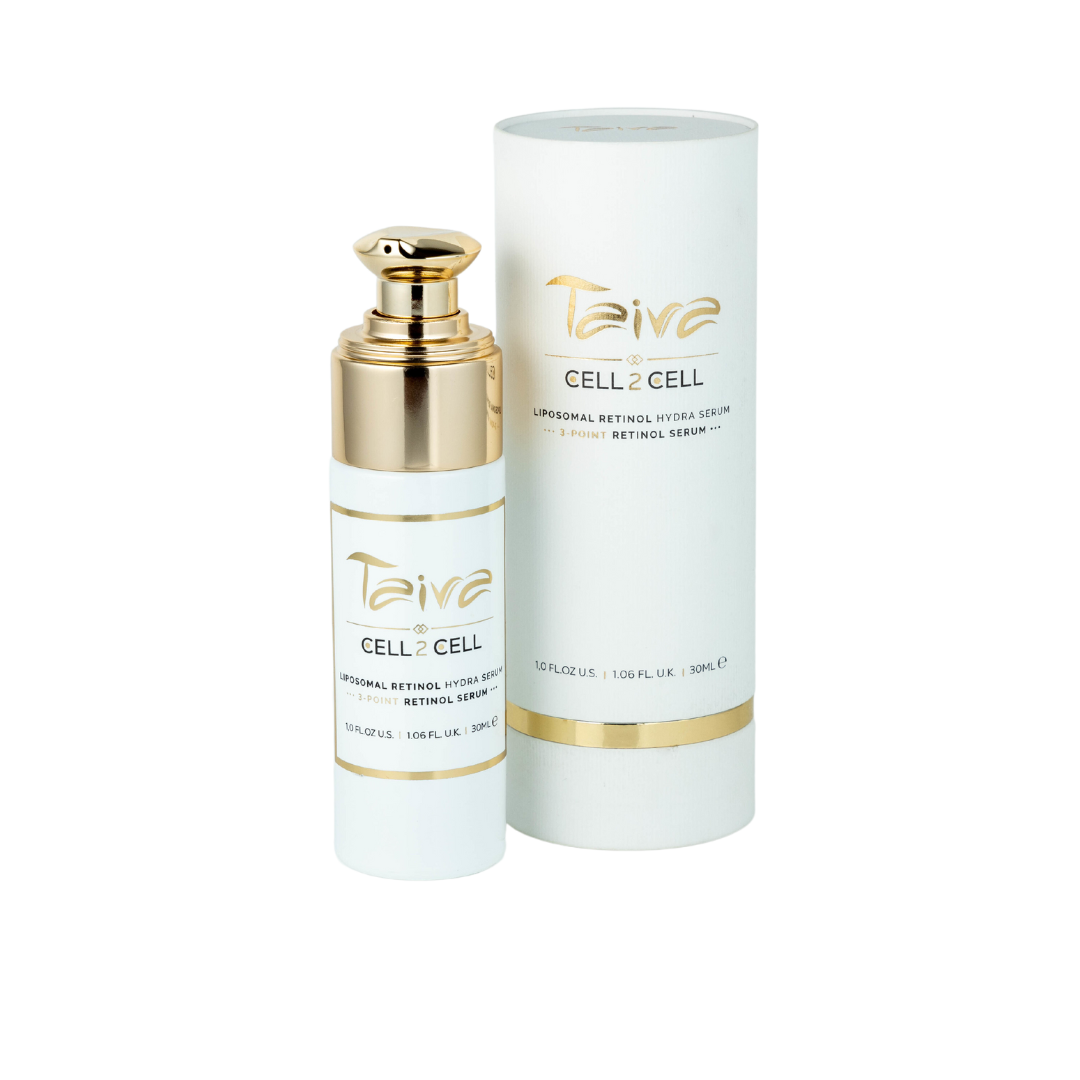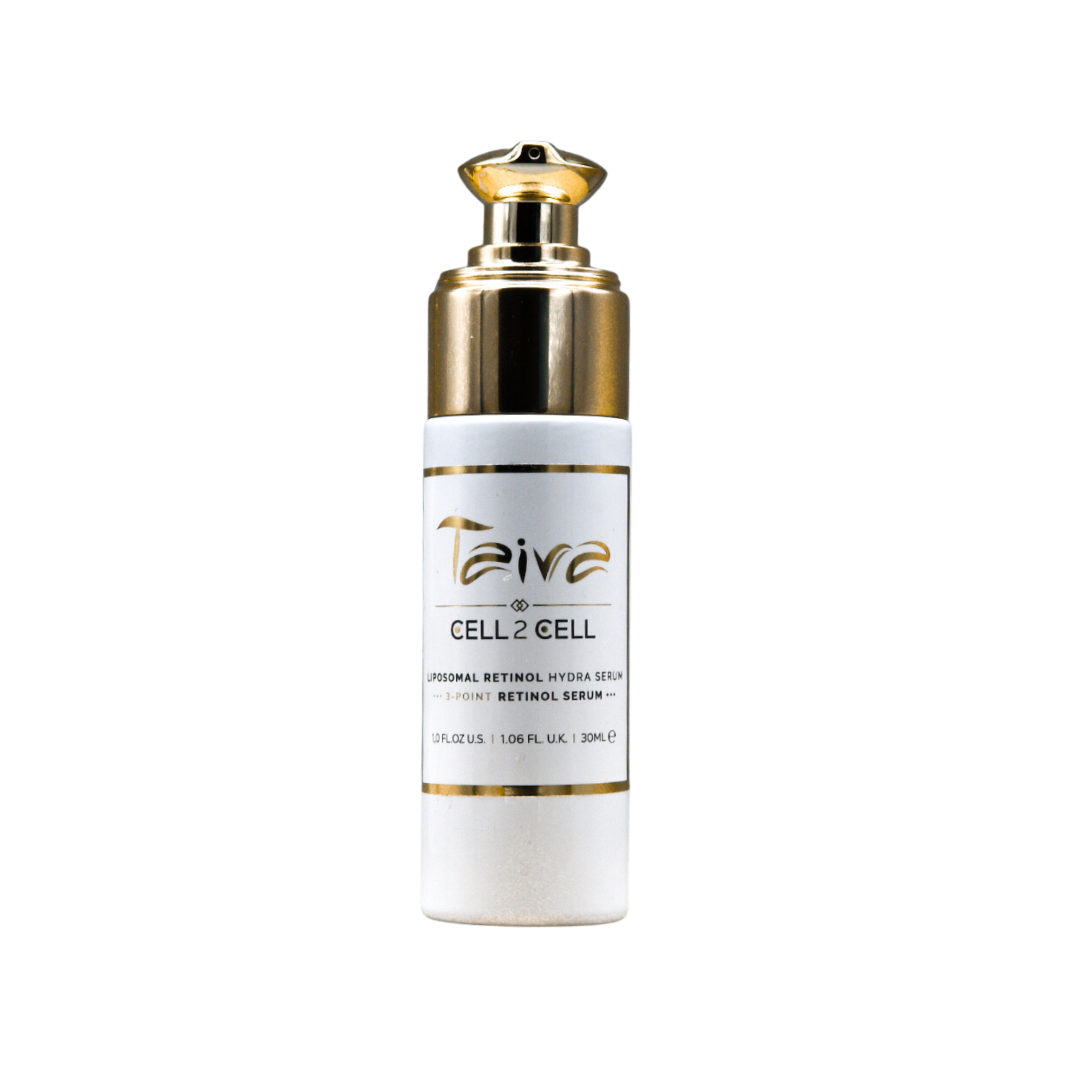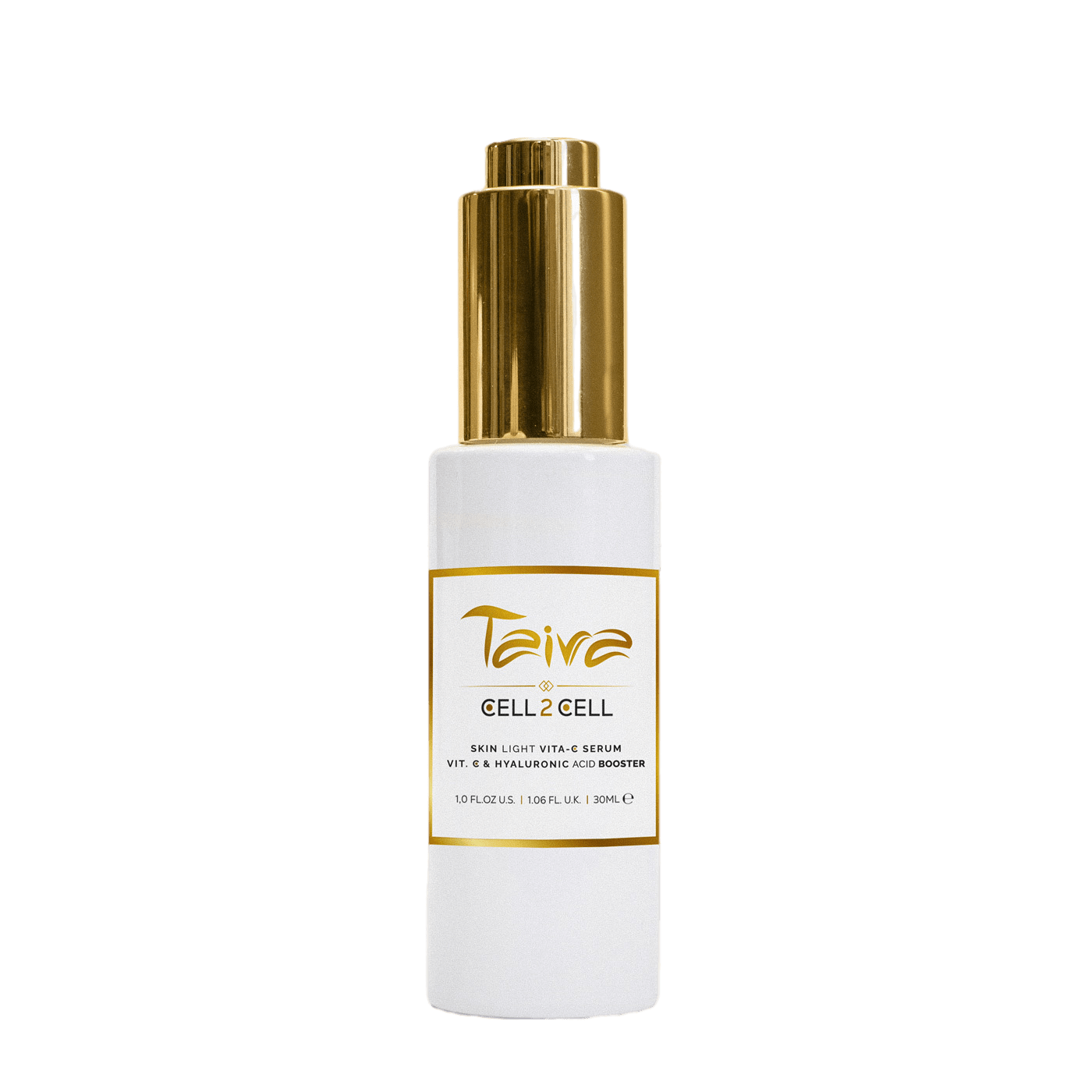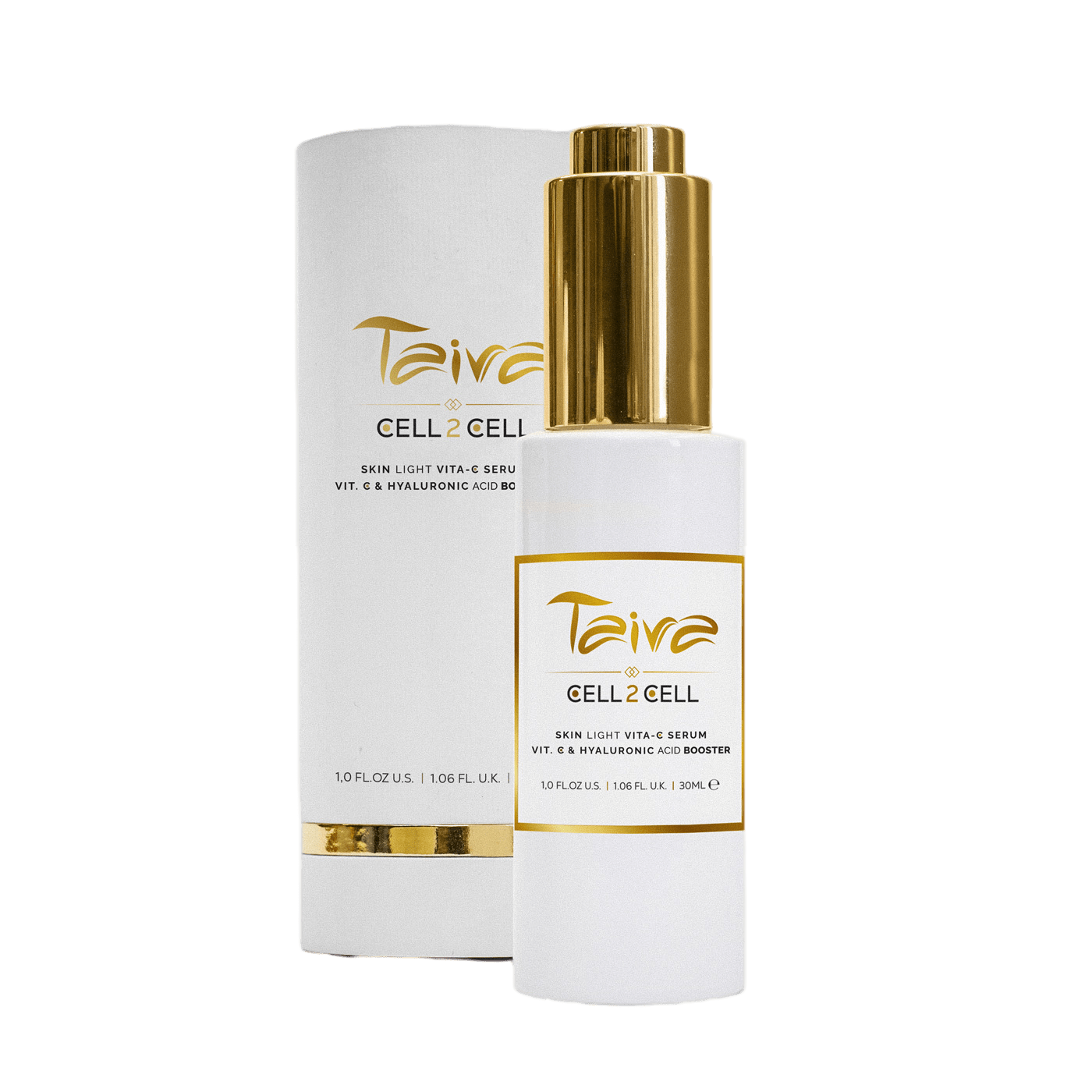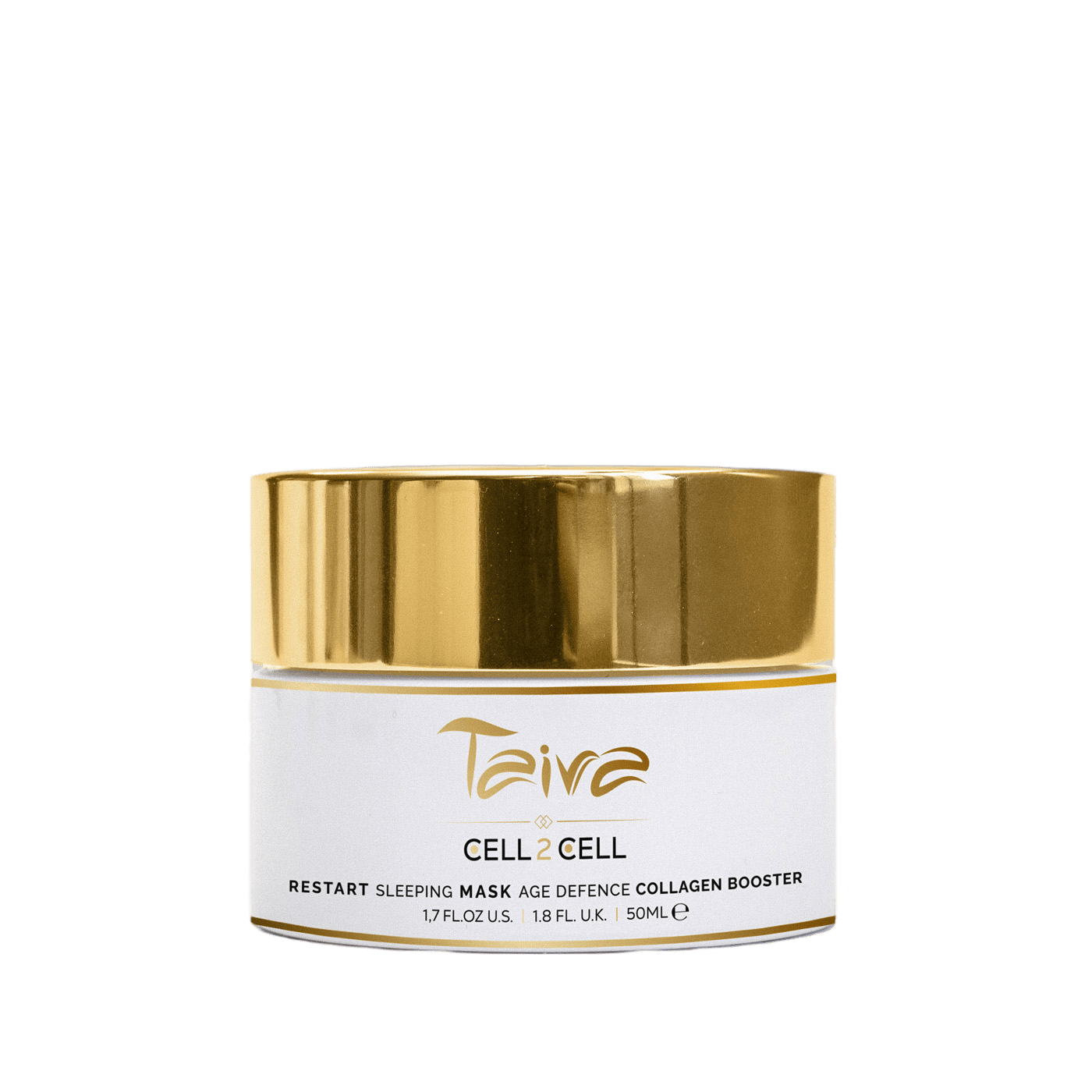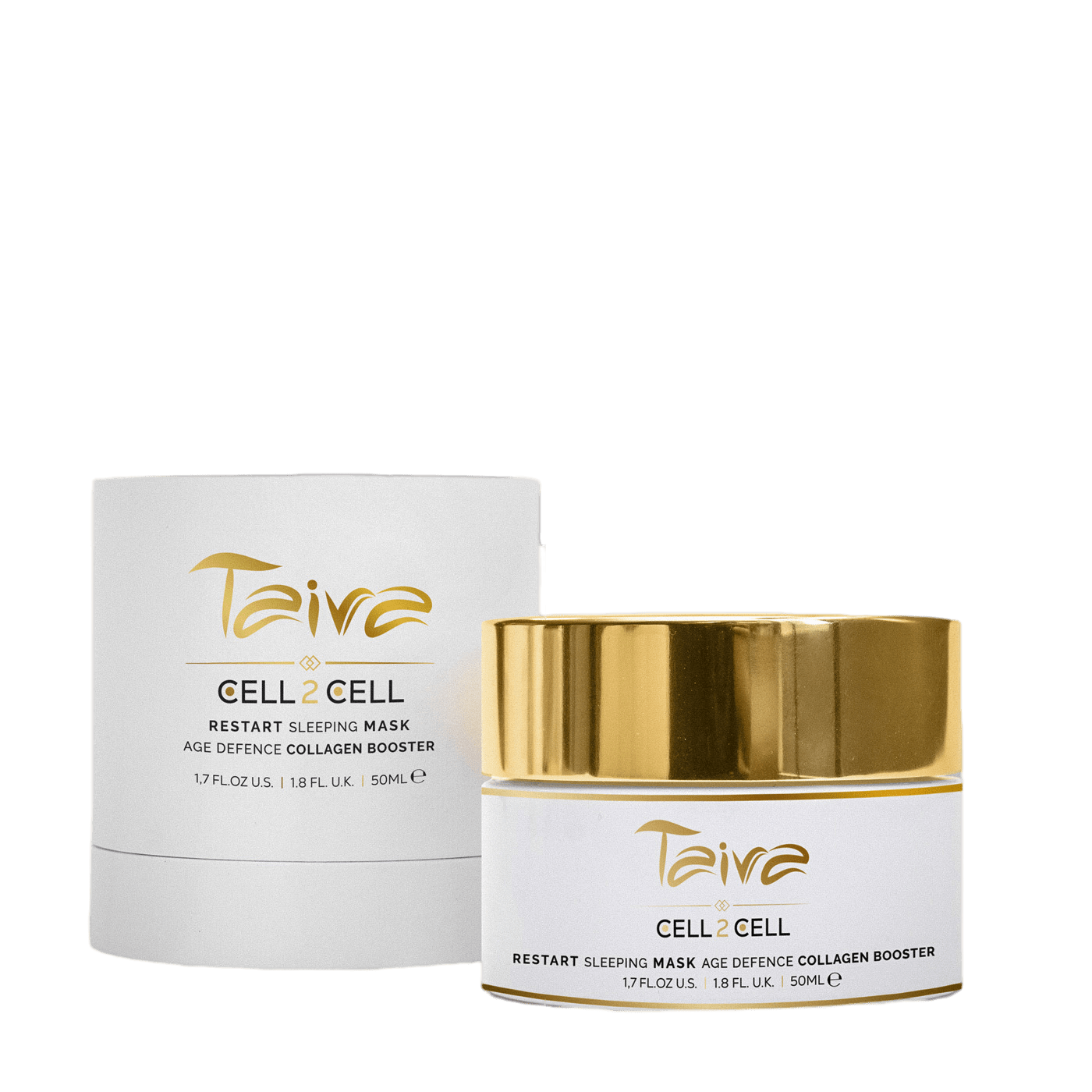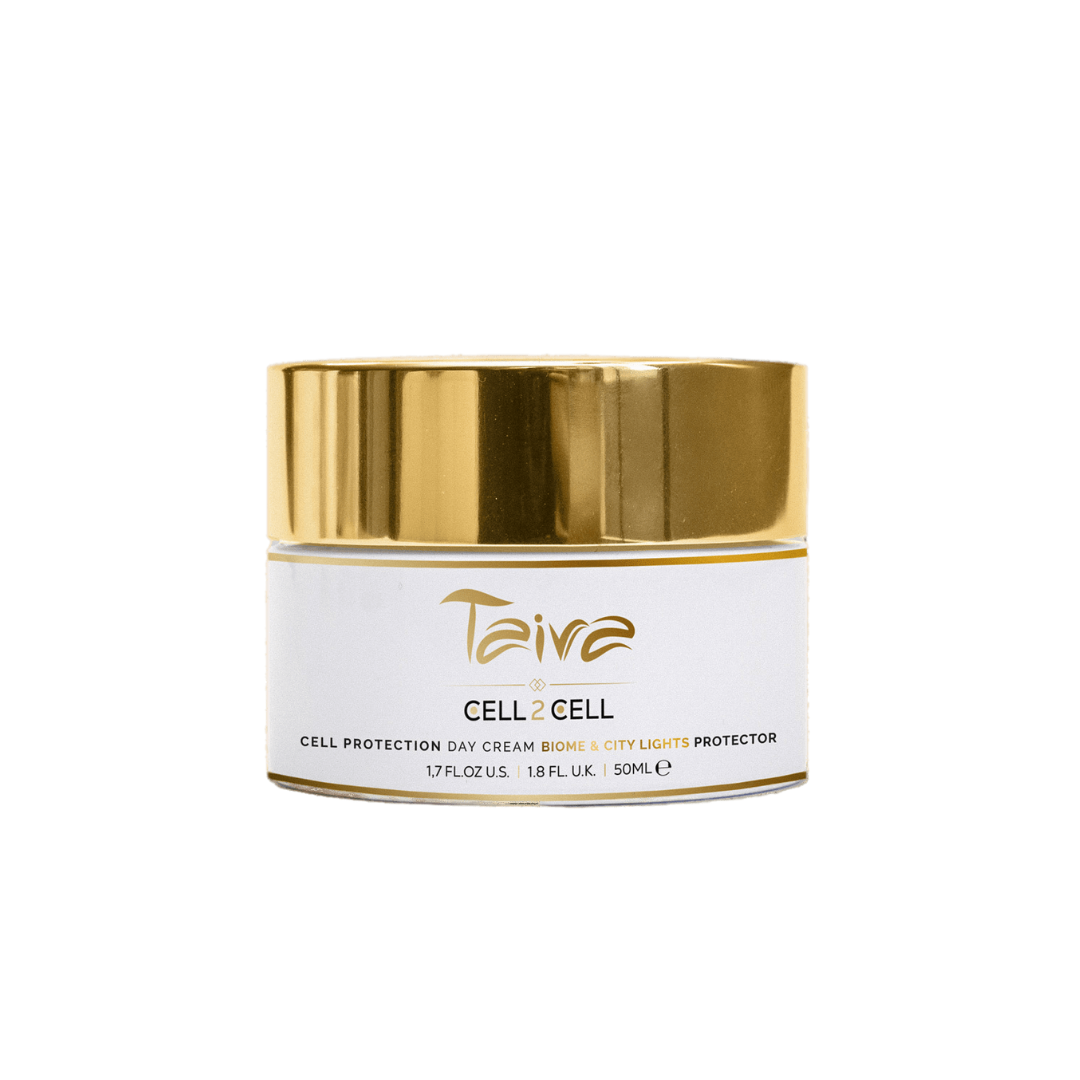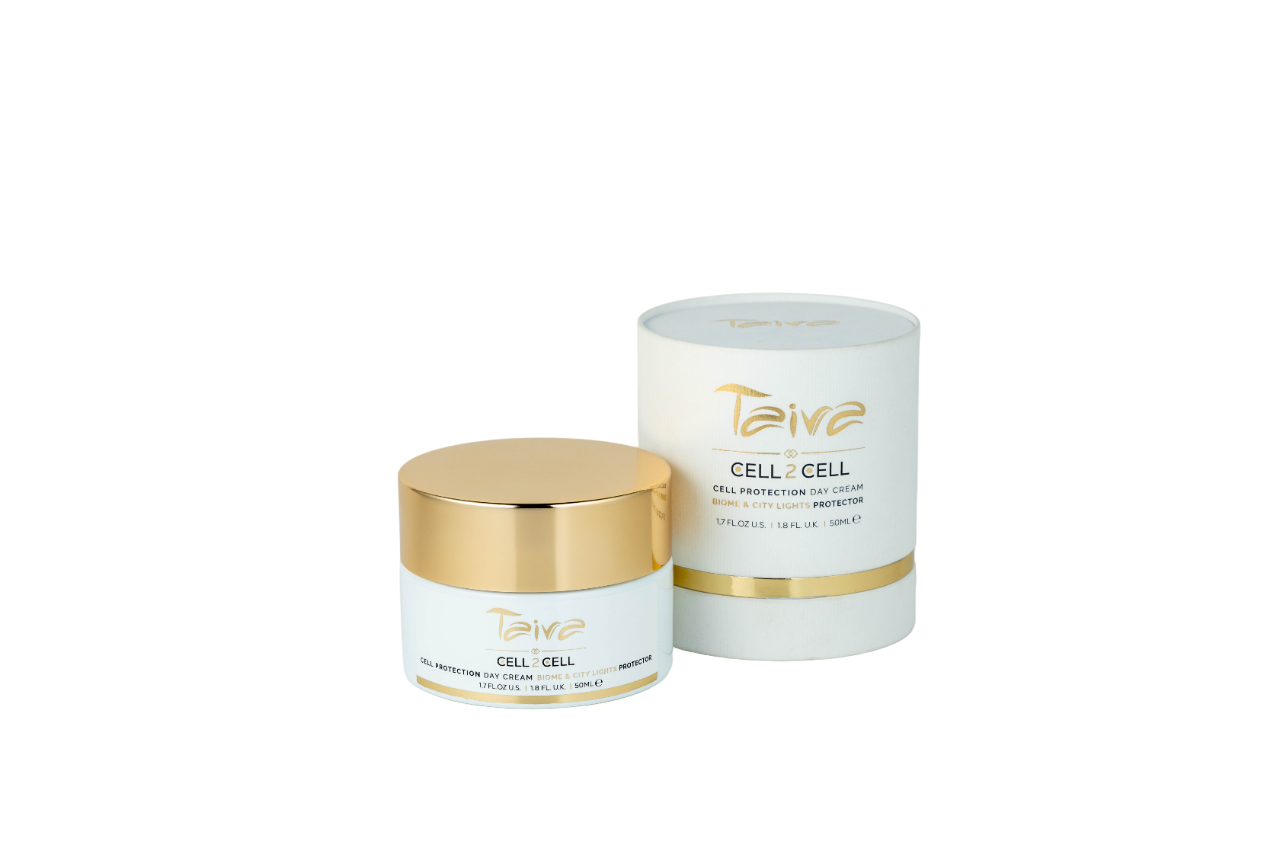Skin benefits of Lupine Extract

Introduction
If you're looking for a natural way to improve the appearance of your skin, lupine extract may be just what you need. This ingredient is found in many skincare products, but you can also use it on its own as an antioxidant and anti-inflammatory agent. Lupine extract is derived from the seeds of lupinus albus plants—which are used as livestock food—and has been used for thousands of years as a food supplement that supports healthy joint function. Lupine extract has also become popular among dermatologists because it helps reduce redness and inflammation while protecting against free radical damage to cells in the dermis layer of skin
Lupine Extract is a natural ingredient that has become popular in skin care products because of its ability to help reduce the appearance of dark spots, redness, and puffiness.
Lupine extract is a natural ingredient that has become popular in skin care products because of its ability to help reduce the appearance of dark spots, redness, and puffiness. Lupine seeds are found in the wildflower family and are native to Europe. They have been used for centuries as both food and medicine by many cultures around the world.
Lupine extract is derived from these seeds and contains fatty acids such as palmitic acid (palm oil) which helps improve skin hydration levels while also reducing inflammation caused by acne breakouts or irritation from shaving or waxing your legs too often!
Lupine Extract comes from Lupinus albus seeds, which are a type of legume that's often used as food for livestock.
Lupine Extract comes from Lupinus albus seeds, which are a type of legume that's often used as food for livestock.
Lupine seeds come from the plant Lupinus albus and are related to other species like lupin beans (Lupinus angustifolius) and sweet clover (Melilotus officinalis).
Lupine Extract can be used in a variety of topical skincare products.
Lupine extract can be used in a variety of topical skincare products. It can be added to moisturizers, cleansers, toners and masks. Lupine extract is also an effective ingredient for sunscreens due to its ability to help block UV rays from damaging the skin.
Lupine Extract is an anti-inflammatory ingredient that can help reduce redness, inflammation and inflammation-related causes of skin damage such as acne.
Lupine extract is an anti-inflammatory ingredient that can help reduce redness, inflammation and inflammation-related causes of skin damage such as acne.
Lupine extract contains antioxidants that fight free radical damage to the skin. Antioxidants are good for the skin because they prevent free radical damage caused by UV rays or pollution in the environment.
As an antioxidant, lupine extract helps repair damaged cells and protect them from future damage caused by free radicals.
Lupine extract is an antioxidant, which means it helps to protect the cells of your skin from damage caused by free radicals. Free radicals are produced by your body's own metabolism and can cause damage to your cells. They can also contribute to wrinkles and age spots on your face as well as other signs of aging like thinning hair or brittle nails.
Lupine extract has been shown in studies to reduce inflammation in the body, which may help prevent skin conditions such as eczema and psoriasis from getting worse
Because it is an antioxidant, lupine's effects are most noticeable when applied repeatedly over time rather than all at once.
In addition to the lupine extract's antioxidant properties, it also contains a high concentration of fatty acids. These help keep your skin moisturized and flexible, which can reduce wrinkles and fine lines.
In order for these ingredients to have an effect on your skin, however, you must use them consistently over time rather than all at once. Lupine extract works best when applied repeatedly over time - so if you're looking for immediate results from using this product alone then this may not be for you! However if you're willing to put in some effort then there are many long-term benefits from using lupine extract as part of your daily routine or as part of an anti-aging regimen with other products such as serums or moisturizers that contain other antioxidants such as vitamin C (ascorbic acid) or retinol (vitamin A).
Skin care products containing lupine extract offer a number of skin benefits, including reducing redness and restoring moisture to dry or damaged skin
-
Lupine extract has been shown to reduce redness and restore moisture to dry or damaged skin. It can be used on a variety of skin types, including sensitive skin that is prone to redness.
Conclusion
Lupine extract is a natural ingredient that has become popular in skin care products because of its ability to help reduce the appearance of dark spots, redness and puffiness. Lupine extract comes from Lupinus albus seeds, which are a type of legume that's often used as food for livestock. The extract can be used in a variety of topical skincare products such as moisturizers or masks that target specific skin concerns like wrinkles or acne scars. As an antioxidant, lupine's effects are most noticeable when applied repeatedly over time rather than all at once

